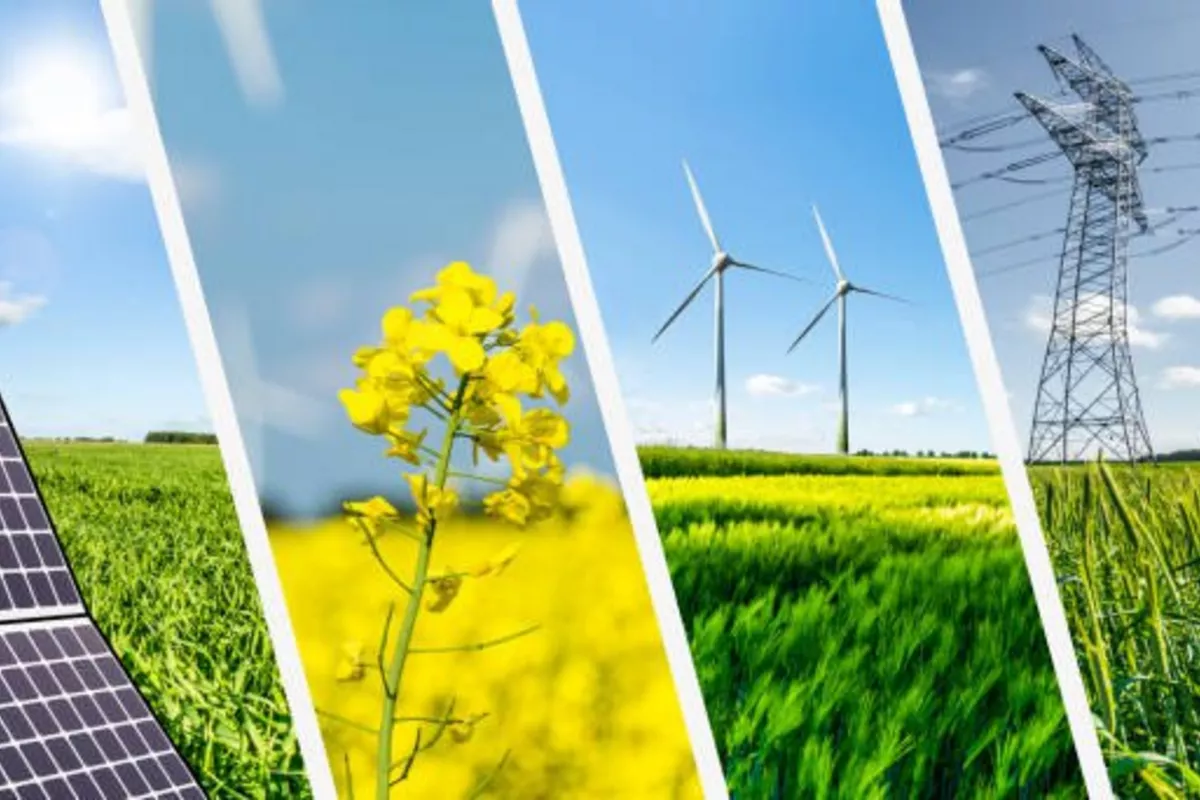
Photo: iStock
Uzbekistan and China have agreed to boost cooperation in the energy sector through projects that include building pumped-storage power plants, expanding transmission networks, and training renewable energy specialists.
The initiatives are designed to ease electricity shortages and enhance Uzbekistan’s green energy potential, The Caspian Post reports, citing Uzbek media.
The agreements follow talks between President Shavkat Mirziyoyev and Chinese President Xi Jinping in Beijing, where the two leaders also discussed raising bilateral trade to $20 billion through increased exchanges of industrial and agricultural goods.
Energy Minister Jurabek Mirzamakhmudov told Uzbekiston 24 TV channel that members of the Shanghai Cooperation Organization (SCO) had considered proposals for joint projects and investment initiatives, including measures to expand Central Asia’s power system cooperation with other countries.
“China is now our largest partner in both investment and technology in the energy sector,” Mirzamakhmudov said. “We not only receive financial support, but nearly all major technological equipment imported from abroad comes from China. This is because China possesses the most advanced technologies in this field.”
Among the key agreements reached with Beijing are the construction of pumped-storage power plants in Uzbekistan and the long-term development of new transmission lines. To address immediate electricity supply problems in Tashkent, China will also deliver mobile substations that will be used during maintenance of existing facilities.
Another aspect of the partnership will focus on human capital. In cooperation with China Datang Corporation, Uzbek specialists will undergo training programs in renewable energy to support the country’s transition to greener sources of power.
This cooperation builds on earlier initiatives. In October 2023, Uzbekhydroenergo and China Southern Power Grid International signed a $1 billion deal to build a pumped-storage plant in Tashkent region.
Domestically, the government has also increased investment in power infrastructure. In August, Mirzamakhmudov announced that UZS 1.8 trillion had been allocated to strengthen electricity supply in Tashkent. The funding will be used to replace high-voltage transformers, upgrade equipment, and lay new cables at 14 substations.
By the end of this year, 374 km of power lines, 11 substations, and 62 transformers are expected to be modernized. The program will continue in 2026, when an additional 788 km of networks, 35 substations, and 145 transformers in residential areas are set to be upgraded.
Share on social media